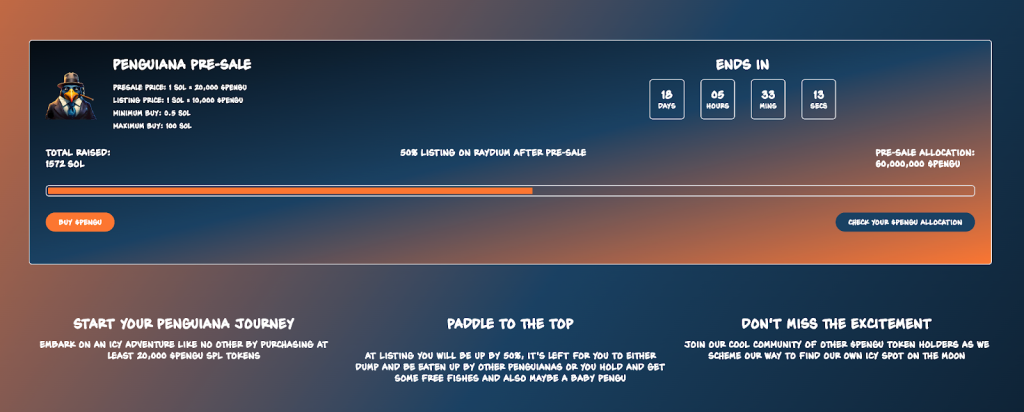Chinese AI Startups are Set to Gain on ChatGPT’s Absence
Chinese AI startups are developing large language models, and four of them have achieved unicorn status in a short time. OpenAI’s absence has also provided space for local startup growth. There are more than 260 companies that are trying to achieve the same success as Anthropic and OpenAI, among which four startups are thought to have a value between $1.2 billion and $2.5 billion.
Chinese AI startups have strong backing
Chinese investors have provided substantial backing to Zhipu AI, Moonshot AI, and MiniMax, and they are now hiring the best available talent to develop their new AI products that will compete globally.
According to a count by IT Juzi, who is a data provider, there are 262 startups that are competing to develop local alternatives for famous AI applications, despite the fact that their US counterparts outrank them in terms of total fundraising and technological advancement.
The Chinese government has been building a supportive regulatory setup to encourage growth in the AI sector, along with subsidies and tax discounts, and it has given approval to 40 AI apps and LLMs for public use.
Many AI startups have kept their funding rounds secret to prevent competition, as a tactic to get their hands on limited computing infrastructure and hire talent. The known fundraising of China’s startups is around $14.3 billion for the first fiscal quarter of the year, according to AI Juzi.

Resources are there, but they are shrinking
At the moment, Zhipu AI is the largest among all startups in terms of the number of people working with it. According to two of its investors, the company is now estimated at $2.5 billion with 800 employees because of its fundraising round a month ago, which originated from Tsinghua University in Beijing, which is considered a prime institute for AI talent.
01.AI has developed and deployed a line-up of Yi models that are open source, developed for the Chinese market, and built on Llama, which is free to use and a Meta product. Some versions of Yi models are also ranked higher on the scoreboards of Hugging Face for coding, reading ability, math, and common sense reasoning. The company also has a productivity chatbot, Wanzhi. Xiaomi and Alibaba Cloud are also backing the startup.
Moonshot’s chatbot Kimi is said to be the closest competitor to Chinese search giant Baidu’s Ernie Bot. Kimi got 12.6 million visits, compared to 19.9 million visits for Ernie Bot for the month of March.
All four leading startups have received funding from Alibaba, which is the largest backer of AI startups and is trying to follow in the footsteps of Microsoft, which backed OpenAI with billions of dollars. But the global tech funds are pulling off, and the investors involved are now smaller than before.
Along with the funding, Chinese startups also have sufficient talent for developing AI products and computing resources, as Chinese cloud computing companies acquired sufficient stock of Nvidia GPUs before the US put a ban on them. But some sources say that they are looking to develop models that require less computing, which hints at some scarcity of chips in present conditions and may hinder China’s AI progress in the near future.






